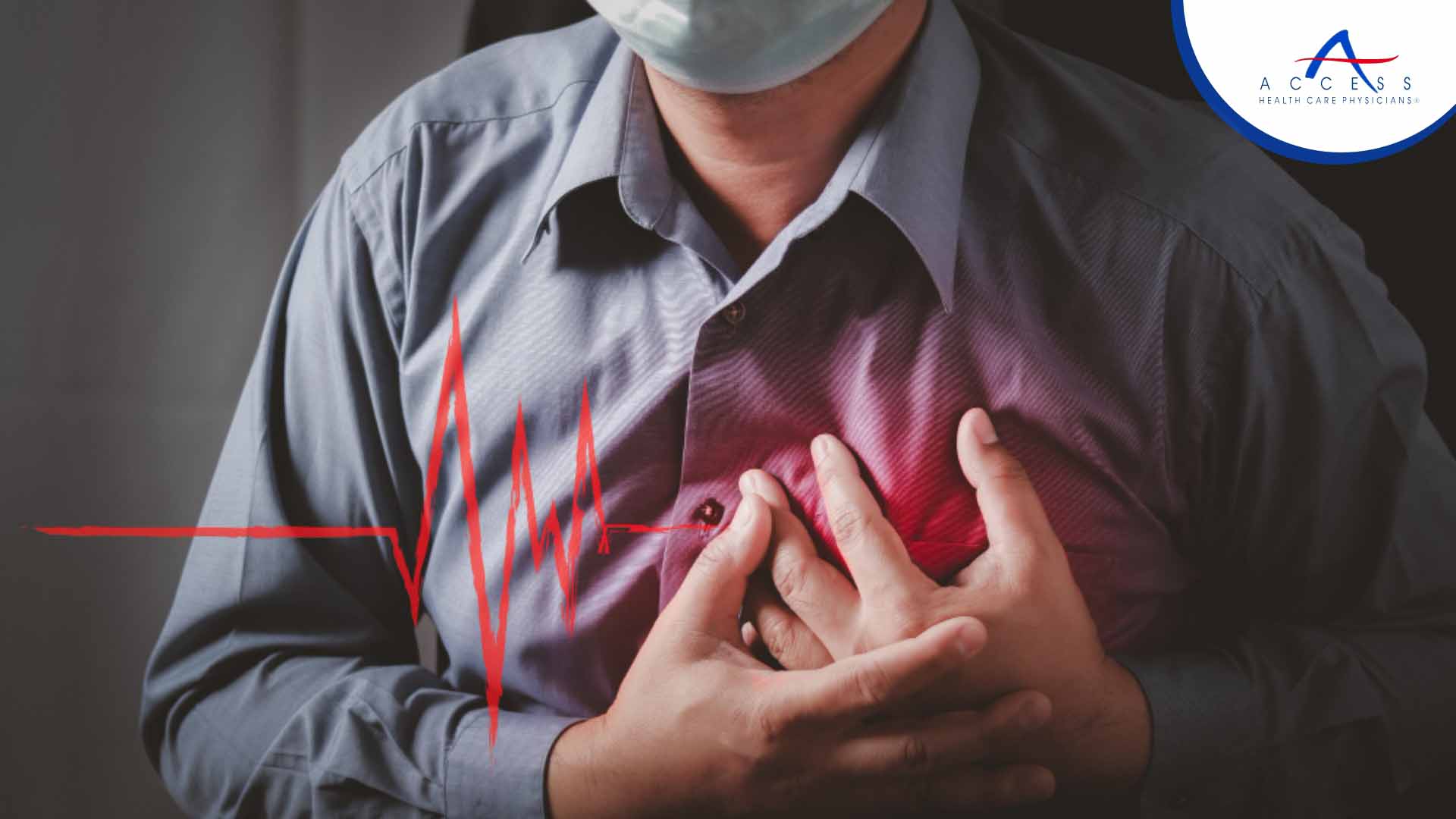The majority of people overlook their heartbeat. Heart palpitations, on the other hand, are symptoms that make you feel as though your heart is thumping or racing.
What are Heart Palpitations?
Heart palpitations are a very common experience for many individuals, and can happen at any hour of the day. Some people, though, might catch them just at night and that can be a cause for concern.
These include additional symptoms like dizziness or shortness of breath that are characterized as a feeling that the heart is pounding quickly or erratically. Heart palpitations can feel different for each individual, but the most common symptoms of heart palpitations include:
- Fluttering or pounding in the chest
- Shortness of breath
- Lightheadedness
- Dizziness
- Fainting
- Sweating
- Nausea
Understanding the reasons for heart palpitations at night is necessary for getting the right medical attention. While heart palpitations can be uncomfortable and even frightening, they are not always an indication of a serious medical issue. Given their common occurrence, many individuals never need any kind of medical attention for them. However, it is still important to identify them and treat the cause.
Causes of Heart Palpitations at Night
1. Stress and Anxiety
They are most frequently brought on by stress and anxiety, especially in the middle of the night. The body releases adrenaline when it is stressed or anxious, which causes the heart rate to rise. Heart palpitations and occasionally panic attacks may result from this.
2. Caffeine
Caffeine consumption in the later hours of the day or evening may trigger heart palpitations at night. The effects of caffeine, a stimulant that can raise heart rate, might take several hours to wear off in the body. It follows that if you ingest coffee late in the day, it may still be present in your body at bedtime and cause heart palpitations. Therefore, for coffee drinkers, it is advised to not consume any caffeine after a certain point in the day.
3. Alcohol
Additionally, if alcohol is consumed excessively, heart palpitations may develop more often. Alcohol is a depressant that can make the heart beat slower than usual, but it can also make the heart beat excessively fast or erratically.
4. Medications
When used at night, certain medications might cause heart palpitations. Asthma medications, congestion relievers, and some antidepressants are a few common medications that might cause heart palpitations.
5. Hormonal Changes
They can also be brought on by hormonal fluctuations, especially in women. The heart may beat erratically or excessively quickly during menstruation, pregnancy, or menopause.
How to Stop Heart Palpitations?
There are several methods you can try to stop heart palpitations if they happen at night that don't involve seeing a healthcare professional immediately:
1. Relaxation Techniques
Applying relaxation techniques can help to lessen the frequency and intensity of heart palpitations when stress and anxiety are in the mix. Deep breathing, meditation, and yoga are all methods that may help to reduce the nerves.
2. Limit Caffeine and Alcohol
Keeping your caffeine and alcohol intake under control, especially in the evening, should be the first thing you do. This will significantly reduce your risk of experiencing nighttime heart palpitations.
3. Stay Hydrated
It's important to maintain water throughout the day, especially in the summer, since dehydration can also result in heart palpitations. Try to consume at least eight glasses or more of water each day and avoid any form of sugary and caffeinated beverages.
4. Get Enough Sleep
Get adequate sleep every night since not getting enough can lead to heart palpitations. Try to create a regular sleep routine and aim for seven to eight hours of sleep each night.
The most important way to prevent such palpitations is to steer clear of their triggers and that means identifying them. Keeping track of the nights you suffer heart palpitations and asking yourself the following questions will help you find triggers:
- When did the incident take place?
- How long did it last?
- How did you feel both prior to and following?
- Are you worrying too much about something?
- Did you engage in any activity at the time it occurred?
- Did you engage in any unusual behavior, such as eating anything you wouldn't often consume, before going to bed?
If heart palpitations continue to be a cause of concern and a regular occurrence, you should reach out to your healthcare provider. If you do not have one you usually go to, you can explore nearby options by visiting the physician directory provided by Access Health Care Physicians.


